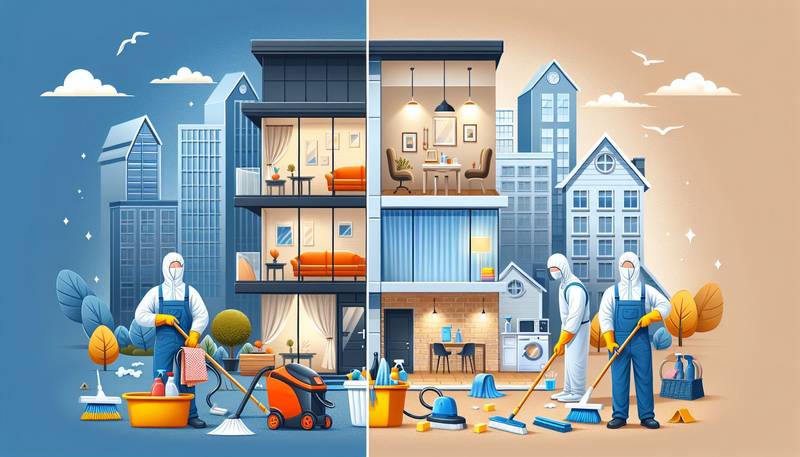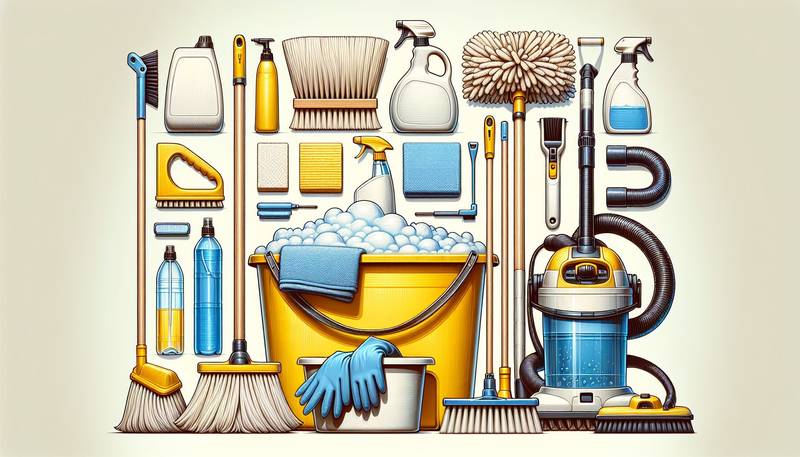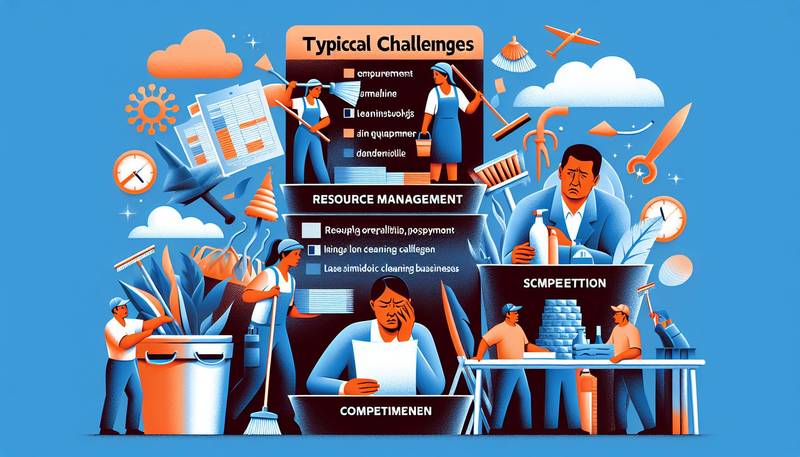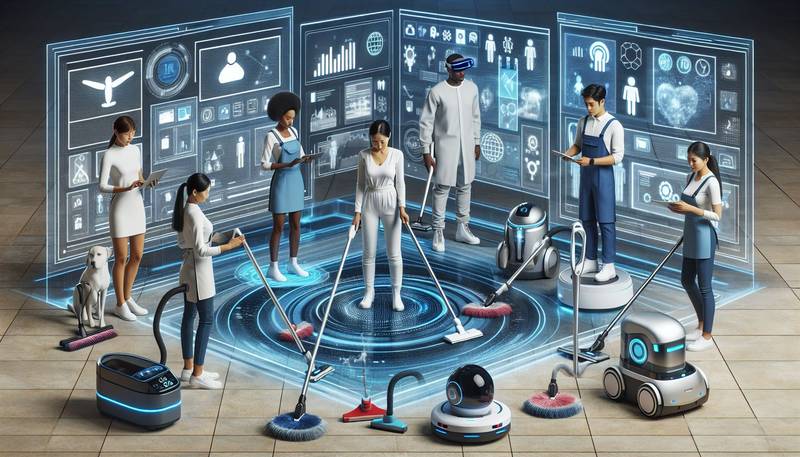Commercial vs. Residential Cleaning: Understanding the Key Differences
Understanding these differences is crucial for cleaning professionals to provide the best service possible to their clients.
Commercial Cleaning: A Focus on Efficiency and Scale
Commercial cleaning typically involves cleaning larger spaces such as office buildings, schools, retail stores, and restaurants. These spaces see a higher volume of traffic and often require cleaning services on a daily or weekly basis. Commercial cleaning is typically done during non-business hours to minimize disruption to employees and customers.
One of the key differences in commercial cleaning is the scale of the job. Commercial cleaners often work with larger spaces that require specialized equipment and techniques to clean efficiently. This includes cleaning high ceilings, large windows, and heavily trafficked areas. Commercial cleaning teams are also trained to work quickly and efficiently to ensure that the space is ready for use the next day.
Residential Cleaning: A Personalized Touch
Residential cleaning, on the other hand, involves cleaning individual homes or apartments. These spaces are typically smaller in scale compared to commercial spaces and require a more personalized approach. Residential cleaners often work with homeowners to create a cleaning plan that meets their specific needs and preferences.
Unlike commercial cleaning, which is often done on a regular schedule, residential cleaning can be more flexible. Some homeowners may opt for weekly or bi-weekly cleanings, while others may only require occasional deep cleans. Residential cleaners also tend to focus on details and personalization, such as organizing clutter, folding laundry, and making beds.
Cleaning Products and Tools
Another key difference between commercial and residential cleaning is the type of products and tools used. Commercial cleaners often use industrial-strength cleaning products and equipment to tackle tough stains and odors in high-traffic areas. They may also use specialized tools such as floor buffers, carpet extractors, and pressure washers to clean large spaces efficiently.
In contrast, residential cleaners typically use gentler, environmentally-friendly cleaning products that are safe for use around children and pets. They may use common household items such as vinegar, baking soda, and essential oils to create natural cleaning solutions. Residential cleaners also use standard cleaning tools such as mops, brooms, and vacuums to clean and sanitize homes.
Training and Certification
While both commercial and residential cleaning require cleaning skills and attention to detail, commercial cleaners often undergo more rigorous training and certification. Commercial cleaning companies may require their employees to undergo specialized training in handling industrial cleaning equipment and chemicals, as well as safety protocols for working in commercial spaces.
Residential cleaning, on the other hand, may not require as much formal training or certification. Many residential cleaners are self-employed or work for small cleaning businesses and gain experience through on-the-job training. However, some homeowners may prefer to hire cleaners who have completed a formal training program or certification course to ensure quality service.
Conclusion
In conclusion, commercial cleaning and residential cleaning each have their unique challenges and requirements. Commercial cleaning focuses on efficiency, scale, and specialized equipment, while residential cleaning emphasizes a personalized touch, attention to detail, and environmentally-friendly products. By understanding the key differences between the two types of cleaning, cleaning professionals can tailor their services to meet the needs of their clients effectively. Whether you are a commercial cleaner or a residential cleaner, providing high-quality service is essential in maintaining a clean and healthy environment for your clients.











